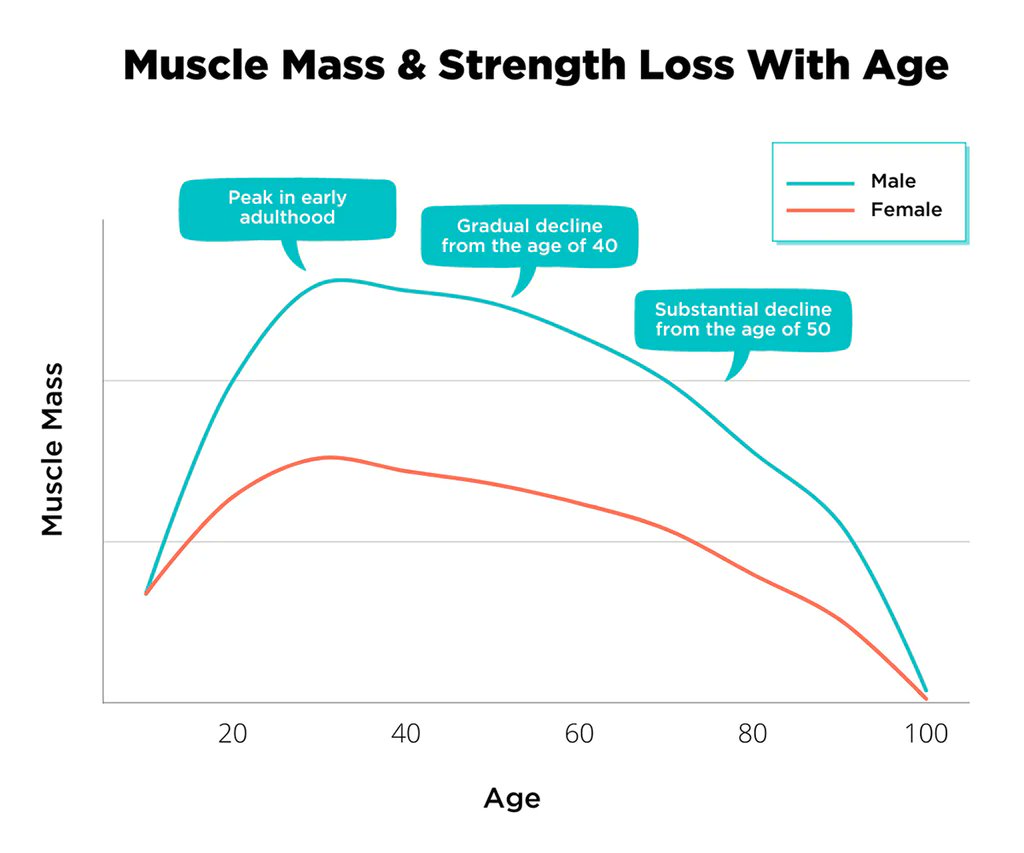At What Age Does Weight Control Typically Become More Difficult
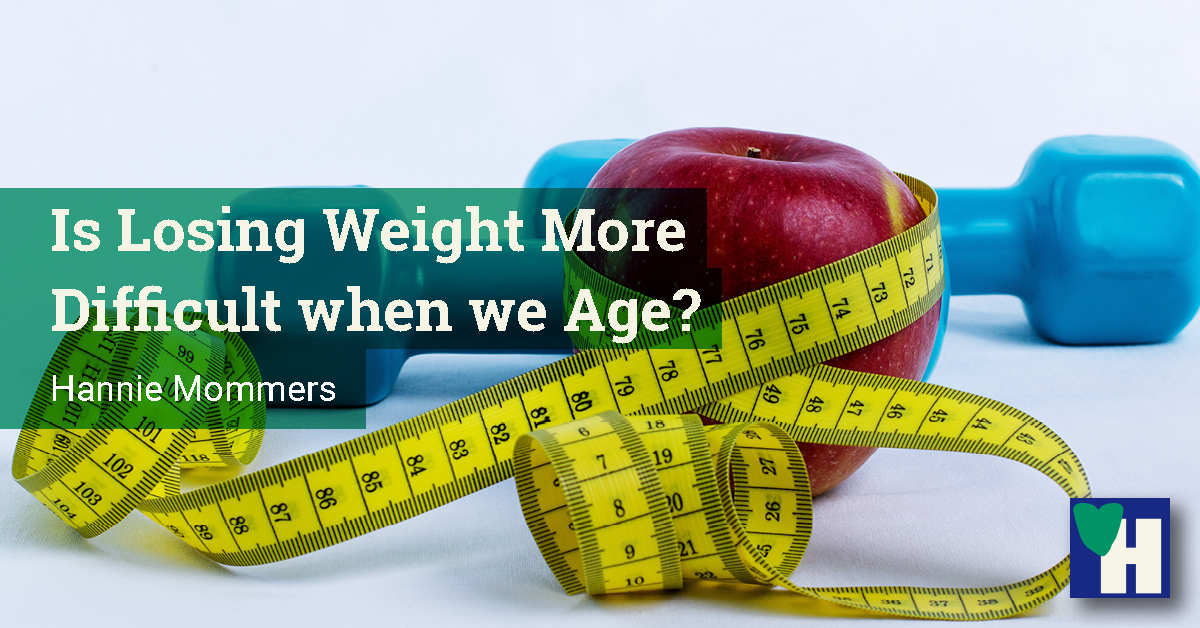
For many, maintaining a healthy weight feels like an ongoing battle. While diet fads and exercise trends constantly evolve, a more fundamental question looms: At what point in life does this battle become significantly harder to win? Research suggests the answer isn't a single age, but rather a confluence of biological, psychological, and social factors that often converge around midlife.
The increasing difficulty of weight management with age is a widespread concern affecting a large segment of the population. Understanding the key factors involved can empower individuals to proactively address these challenges and prioritize their health.
The Shifting Sands of Metabolism
One of the most prominent contributors to age-related weight gain is a gradual decline in basal metabolic rate (BMR). BMR, the amount of energy your body burns at rest, naturally decreases as we age, primarily due to a loss of muscle mass.
Muscle tissue is more metabolically active than fat tissue, meaning it burns more calories even when at rest. As we lose muscle, our bodies require fewer calories to function, making it easier to gain weight if dietary habits remain unchanged.
Hormonal shifts also play a crucial role, especially for women during menopause. Estrogen decline can lead to increased abdominal fat storage and further reductions in BMR, compounding the challenges of weight management.
Lifestyle and Environmental Influences
Beyond biological factors, lifestyle changes often contribute to weight gain as we age. Career demands, family responsibilities, and other commitments can reduce the time available for regular exercise and healthy meal preparation.
Sedentary behavior becomes more common, further decreasing calorie expenditure and accelerating muscle loss. Social and cultural influences, such as increased dining out or larger portion sizes, can also contribute to weight gain.
According to the Centers for Disease Control and Prevention (CDC), adults aged 40-59 have the highest rates of obesity in the United States, highlighting the impact of midlife on weight.
Psychological and Emotional Factors
The psychological aspects of aging also influence weight management. Stress, anxiety, and changes in body image can lead to emotional eating and unhealthy coping mechanisms.
Sleep disturbances, which become more common with age, can disrupt hormone levels that regulate appetite, leading to increased cravings and weight gain. A 2023 study published in the Journal of the American Medical Association indicated a strong correlation between sleep deprivation and increased risk of obesity in middle-aged adults.
Moreover, past dieting attempts can alter metabolism and make it more difficult to lose weight in the future.
Navigating the Challenges
Despite the challenges, maintaining a healthy weight as we age is achievable through proactive strategies. Regular exercise, including strength training to build and maintain muscle mass, is crucial.
A balanced diet rich in fruits, vegetables, lean protein, and whole grains provides essential nutrients and helps control calorie intake. Paying attention to portion sizes and limiting processed foods and sugary drinks are also important.
Seeking support from healthcare professionals, registered dietitians, or certified personal trainers can provide personalized guidance and support. Addressing underlying emotional issues through therapy or counseling can also help prevent emotional eating.
The Significance and Impact
Understanding the age at which weight control becomes more difficult and the factors that contribute to this shift is essential for public health initiatives. Promoting healthy lifestyle choices early in life can help prevent age-related weight gain and reduce the risk of chronic diseases.
Early intervention is key. Public awareness campaigns, community-based programs, and accessible resources can empower individuals to take control of their health and well-being throughout their lifespan.
By recognizing the challenges and adopting proactive strategies, individuals can navigate the complexities of aging and maintain a healthy weight, improving their quality of life and reducing the burden of age-related health problems.
Ultimately, the key to successful weight management throughout life is not about finding a quick fix, but rather about adopting a sustainable, healthy lifestyle that prioritizes both physical and mental well-being. The information provided here should not be substituted for professional medical advice. Always consult with your doctor for personalized guidance.
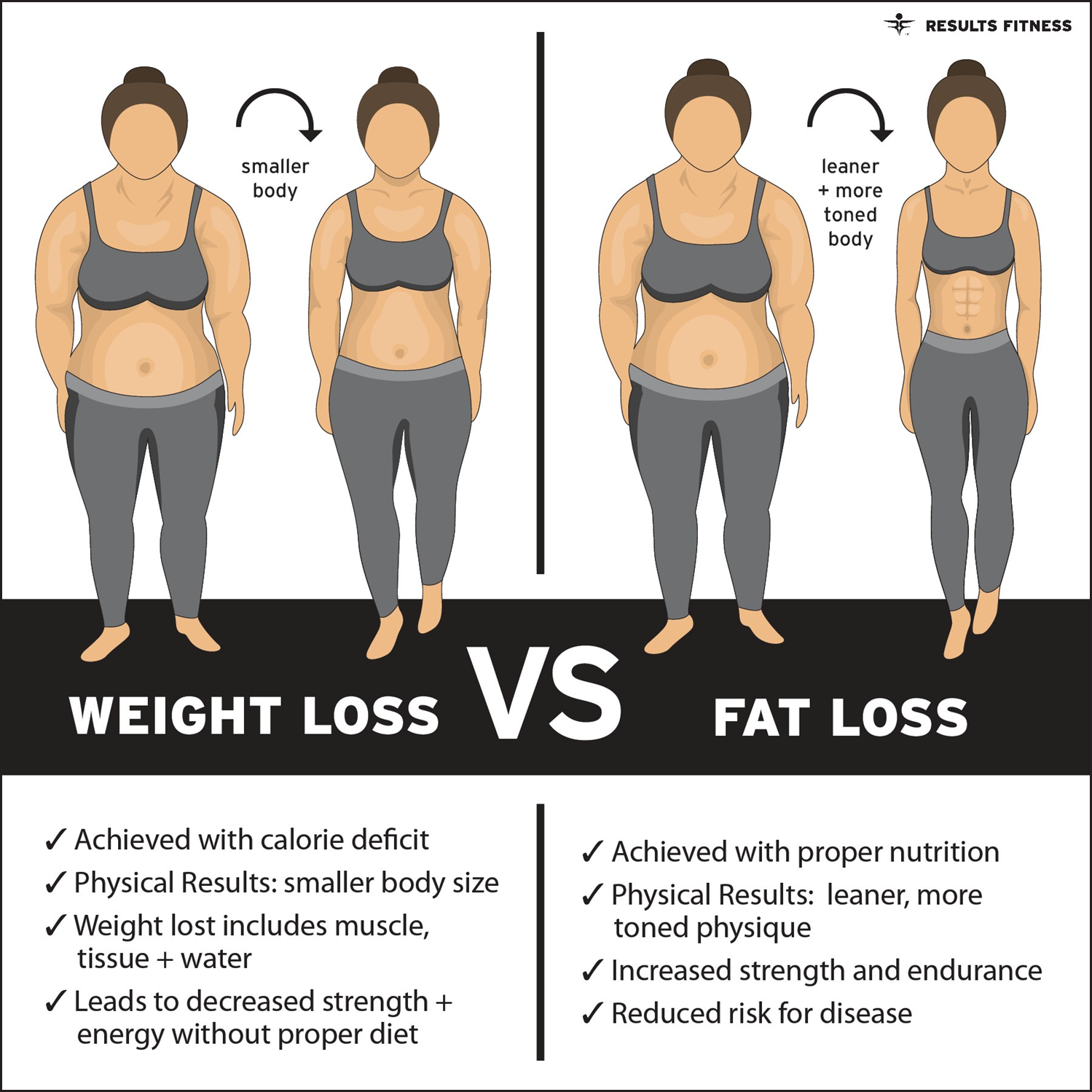



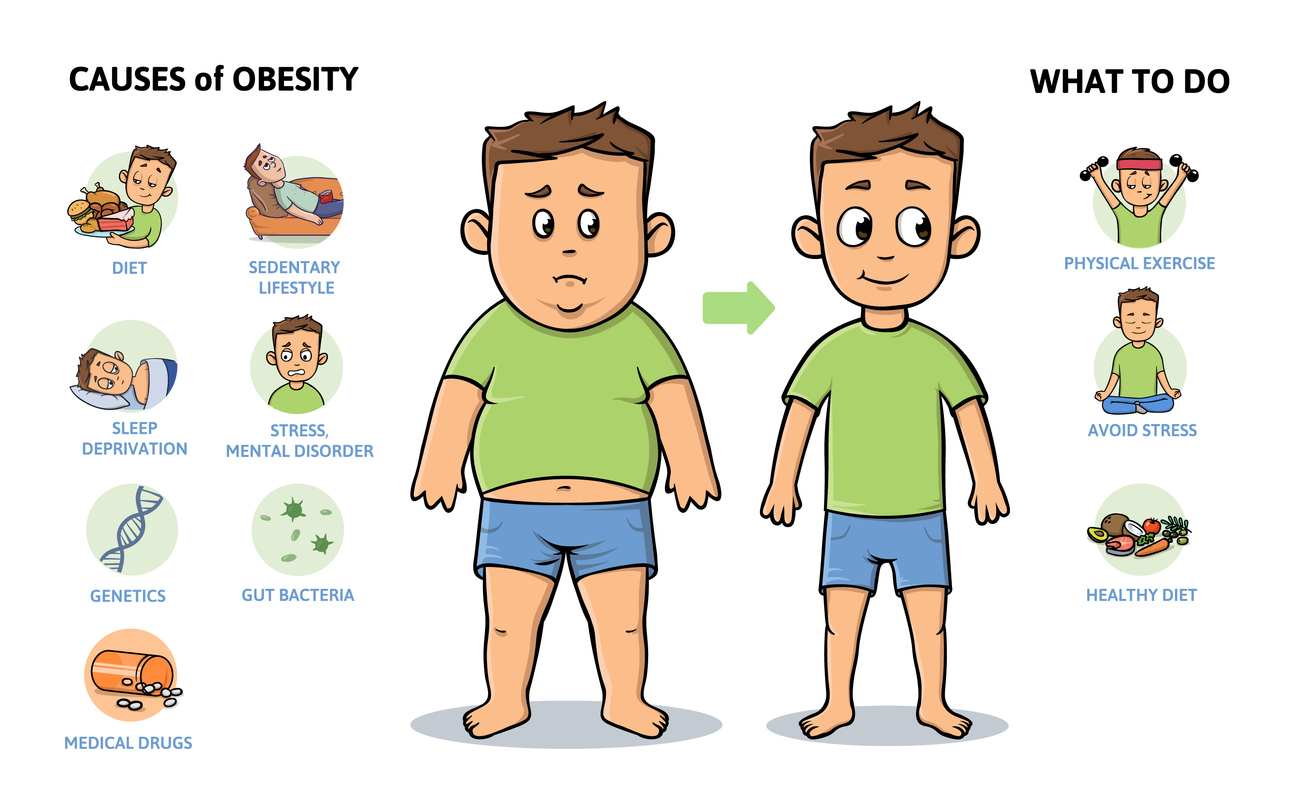
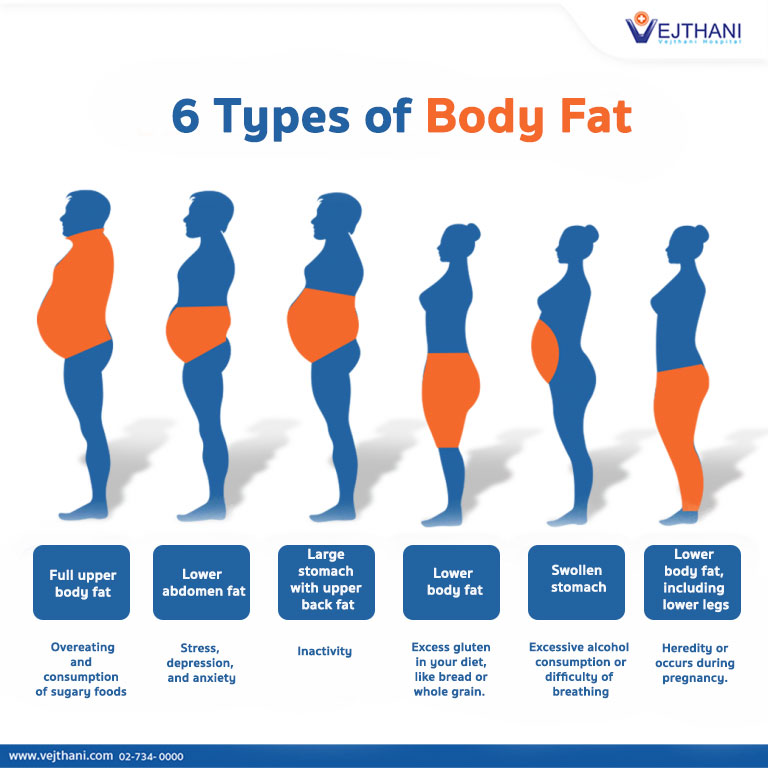
![At What Age Does Weight Control Typically Become More Difficult Gastric Sleeve: Average Weight Loss Timeline [Chart]](https://renewbariatrics.com/wp-content/uploads/2017/04/Average-Percentage-of-Excess-Weight-Loss.png)
